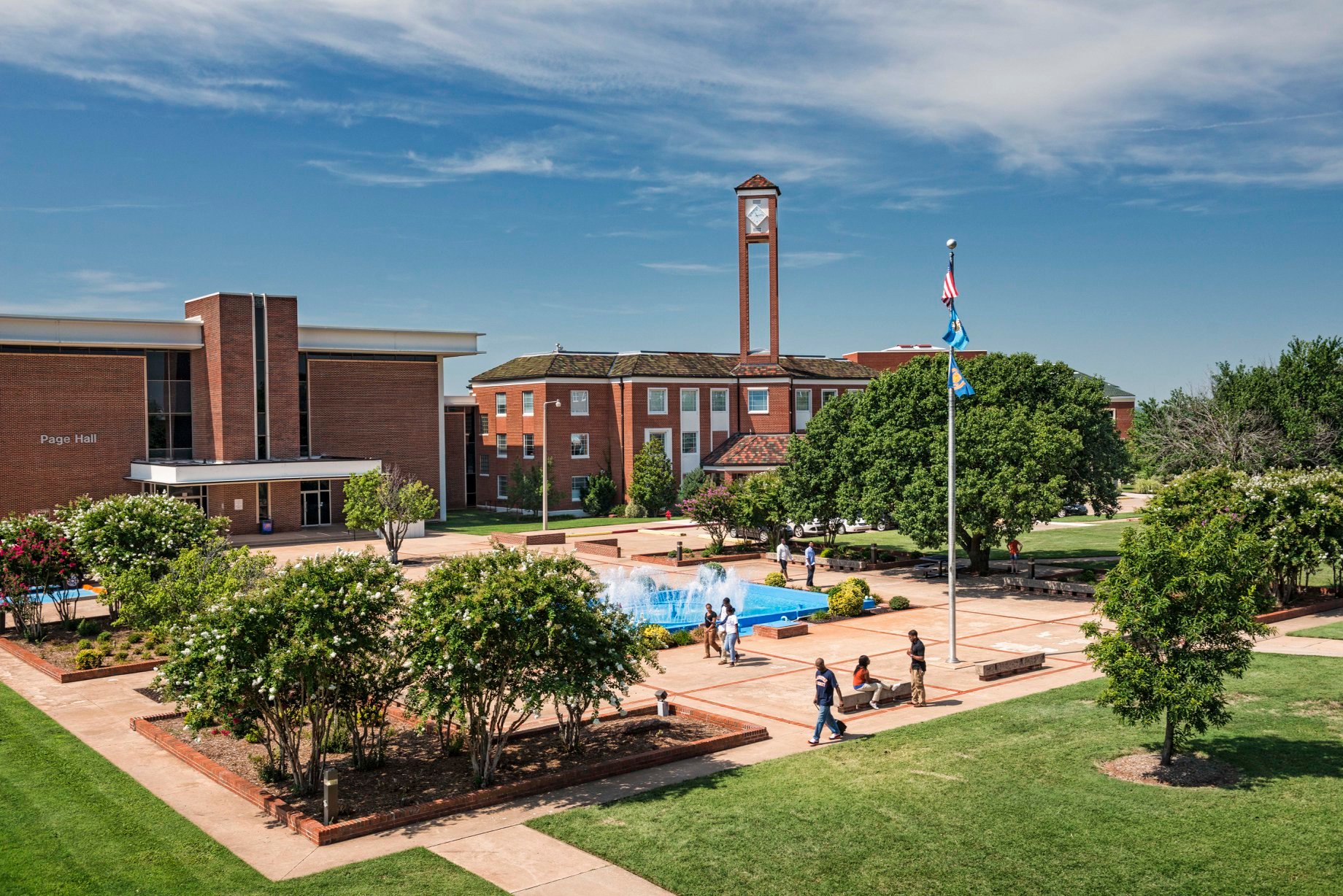Langston University-Tulsa, a Historically Black College (HBCU), fears it might have to close if it is not allowed to offer four-year degrees.
Lawmakers and Langston University alumni said they have been fighting to preserve Oklahoma’s only HBCU, and the University’s extension campus in Tulsa has been a fight since the 70’s, and it’s a fight that continues today to keep this Sooner State HBCU’s doors open.
House Bill 2854 is making its way through the state capitol to give Tulsa the option to have four-year degrees offered at its public higher education institutions. It’s a bill, Speaker of the House Kyle Hilbert said is looking like it may become reality.
“It’s very possible, in fact, the House passed legislation weeks ago,” he continued to say, “it’s a free-market principle and it’s for the students,” Hilbert said in March during a Tulsa Press Club event.
However, not everyone is excited for this bill to become law. Some lawmakers said it’s because of the impacts it will have on Langston University – Tulsa, which Senator Regina Goodwin said is already underfunded.
“If you don’t have the funding to be a successful four-year university and your courses are being duplicated, that is a recipe for disaster, and everyone has been able to see the writing has been on the wall, and now it’s in legislation,” Goodwin said.
The bill said it has “declared a moratorium on the following higher education course and program restrictions,” and goes on to list all of the Tulsa area institutions, including the “Langston University Branch in Tulsa’s restriction to upper division undergraduate and graduate courses.”
For the bill to say it will lift restrictions, it’s important to know the history of those restrictions in Langston, Tulsa. In the 1970’s the federal government pushed for higher education institutions to be desegregated, and the state chose Oklahoma’s only HBCU, which resulted in the opening of the first public university in Tulsa. Part of that agreement was that other universities couldn’t duplicate the programs it offered, so Langston came to Tulsa with 16 programs. Goodwin said it was very successful and had nearly 2,000 students.
As Langston Tulsa saw success, Oklahoma State University, the University of Oklahoma, and Northeastern University came down to open Tulsa campuses.
With this bill lifting the restrictions, which would allow duplicate classes, Langston alumni say they are worried about the Tulsa campus’s future.
“I want to be able to say my grandchildren, my great grandchildren, and my great grandchildren they all became legacy Langstonites, but with a bill like this it will do eruptible harm,” Jennettie Marshall, Vice President of the Langston University – Tulsa Alumni Association, said.
“It will result in the unnecessary duplication of programs, the syphoning the funds used to strengthening our programs will now be used to not compete with them. It’s fiscally irresponsible and strategically tone-deaf,” Dezz Lewsi, President of the National Langston University Alumni Association, said.
In the early 2000s, two Langston University alumni filed a complaint with the Office of Civil Rights Enforcement because other institutions duplicated classes in Tulsa, violating the agreement Langston University had. Three years ago, the school received $14 million due to winning the lawsuit.
The bill passed the House, and the Senate will take a vote on it. If passed, the bill will go into effect on July 1, 2025.

